
World
15:16, 19-Sep-2017
Stanislav Petrov – ‘the man who saved the world’ – dies at 77
CGTN
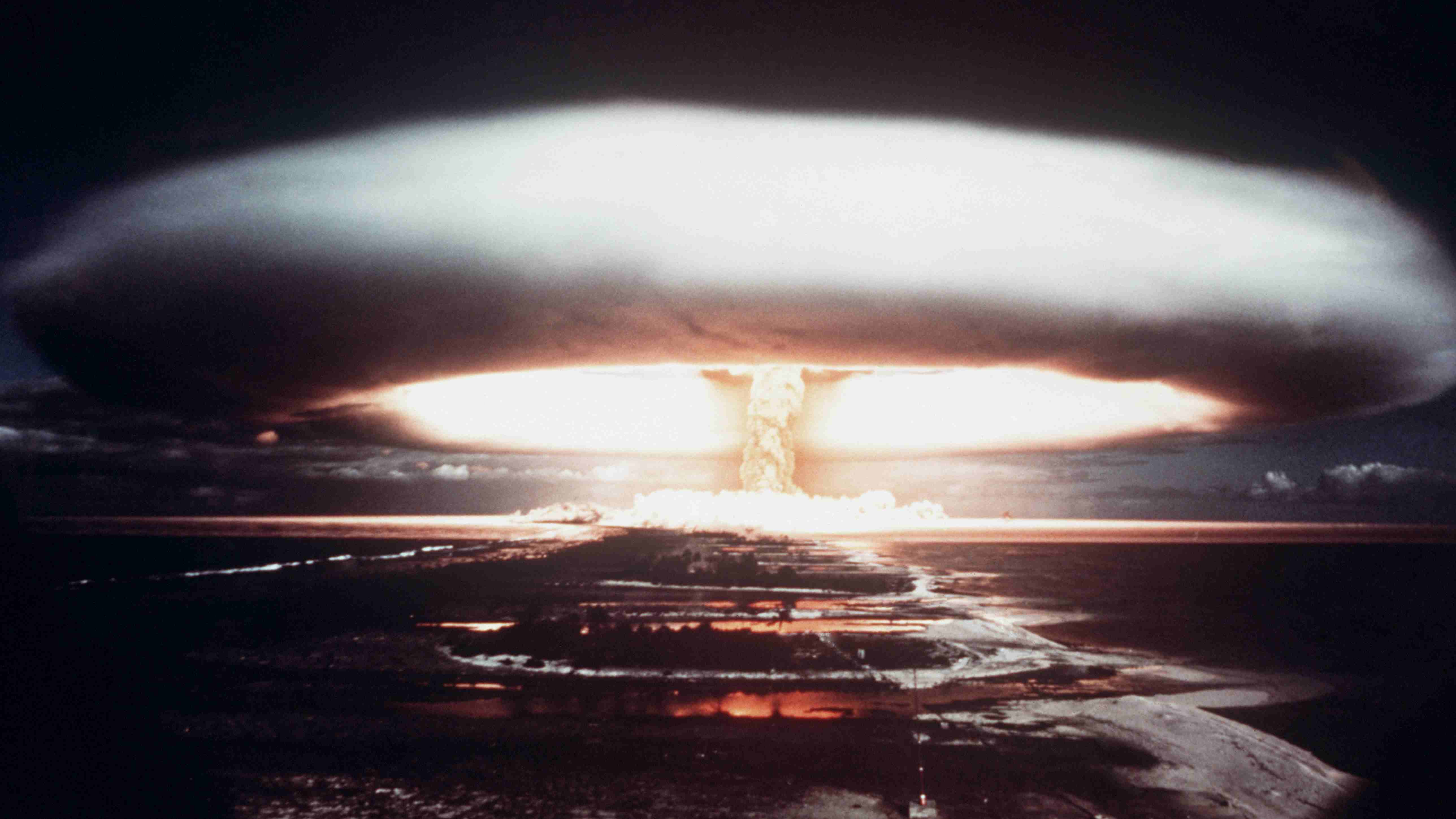
Former Soviet military officer Stanislav Petrov, dubbed “the man who saved the world”, has died at the age of 77 near Moscow.
Petrov, who was a lieutenant colonel with the Soviet Air Defence Forces, is credited with averting nuclear war between Russia and the West in 1983 after computers wrongly detected incoming missiles from the United States.
Deciding the warning was a false alarm and choosing not to report the incident to his superiors, he is credited with singlehandedly averting nuclear war.
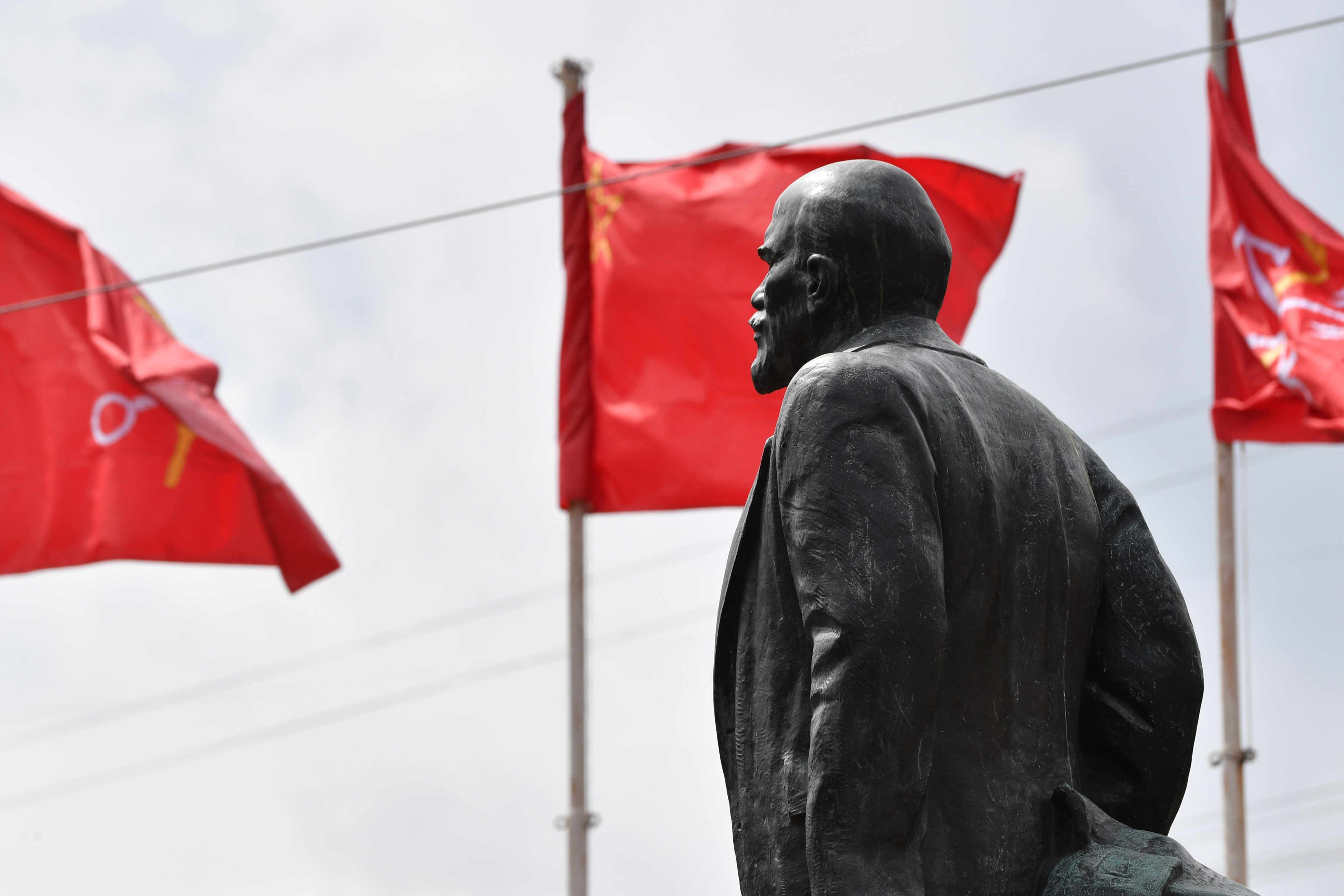
The clash of ideologies between the East and West led to the Cold War. /AFP Photo
The clash of ideologies between the East and West led to the Cold War. /AFP Photo
Speaking to the BBC’s Russian Service in 2013, Petrov explained how computer readouts on 26 September 1983 indicated that the US had launched several missiles.
“I had all the data. If I had sent my report up the chain of command, nobody would have said a word against it," he said.
"All I had to do was to reach for the phone. To raise the direct line to our top commanders, but I couldn't move. I felt like I was sitting on a hot frying pan."
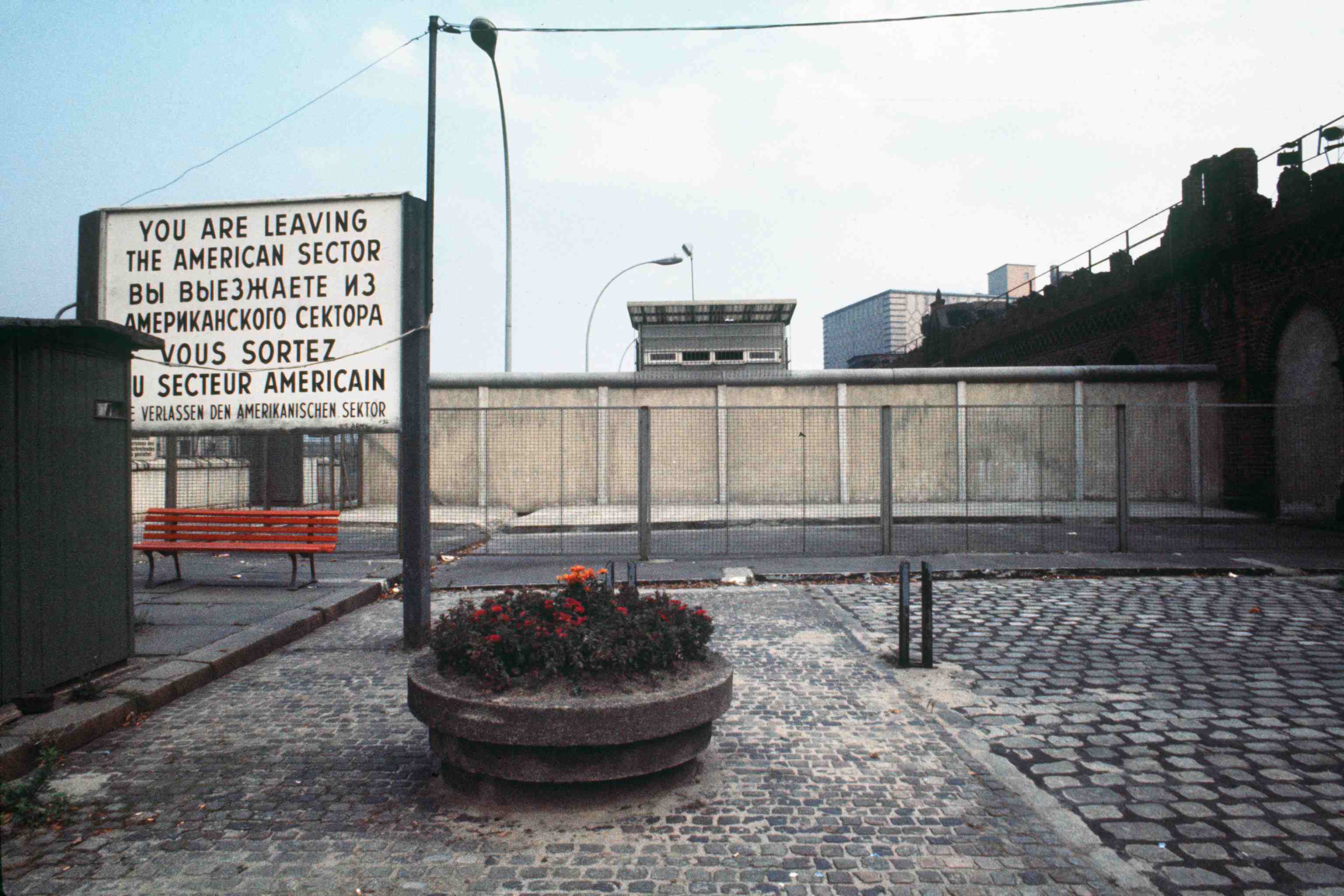
The Berlin Wall, arguably the starkest symbol of the division between East and West. /AFP Photo
The Berlin Wall, arguably the starkest symbol of the division between East and West. /AFP Photo
However, instead of alerting his superiors, Petrov called army headquarters to report a system malfunction.
"Twenty-three minutes later I realized that nothing had happened. If there had been a real strike, then I would already know about it. It was such a relief," he remembered.
An investigation concluded later that Soviet satellites had misinterpreted sunlight being reflected on clouds as the heat generated from the engine of an intercontinental ballistic missile (ICBM).
However, far from being honored for potentially saving the world from a nuclear holocaust, Petrov was instead reprimanded by his superiors for failing to accurately describe the incident in his logbook.
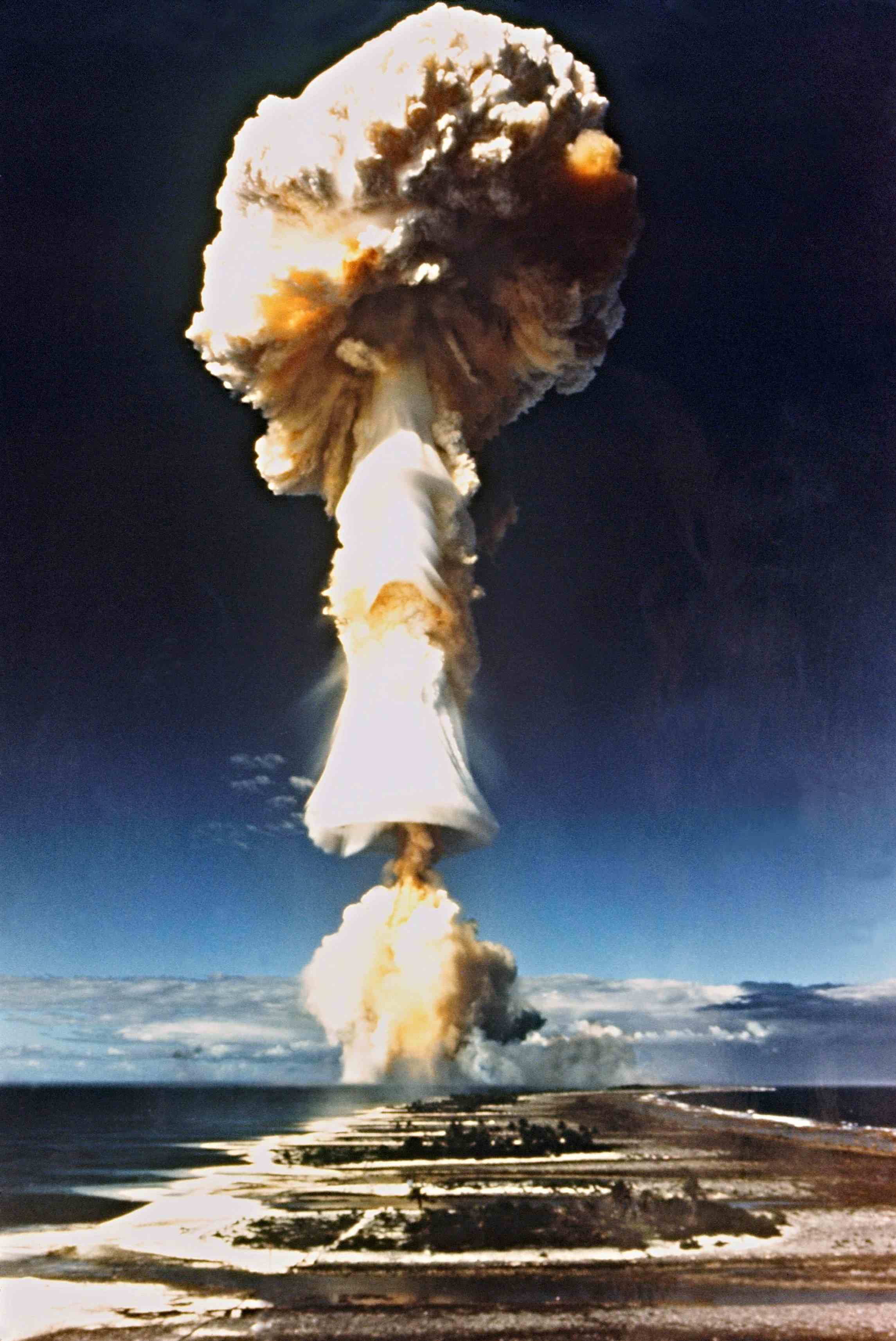
The threat of nuclear war was an ever-present concern throughout the Cold War. /AFP Photo
The threat of nuclear war was an ever-present concern throughout the Cold War. /AFP Photo
Petrov left the military in 1984 and began working at a research institute that had previously developed the Soviet Union's early warning system.
He later quit this job to care for his wife who was suffering from cancer.
Petrov’s story did not become widely known until Yury Votintsev, the retired commander of Soviet missile defense, published his memoirs in 1998.
The story was then picked up by German filmmaker Karl Schumacher who made a documentary about Petrov.
It was Schumacher who broke the news of his death. After telephoning Petrov to wish him happy birthday, he was informed by his son Dmitry that he had passed away on May 19.
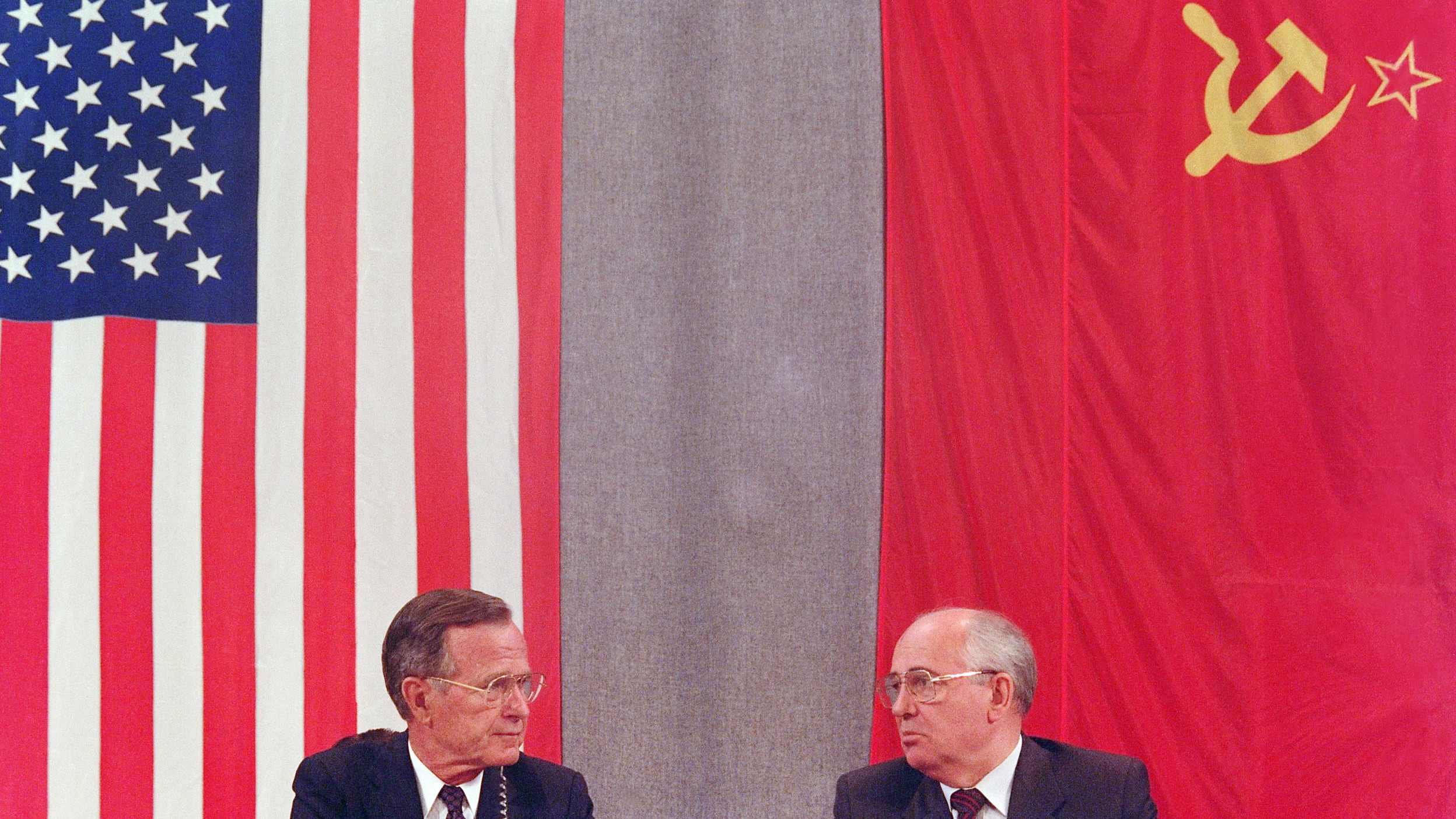
The chill of the Cold War began to thaw in the early 90s. /AFP Photo
The chill of the Cold War began to thaw in the early 90s. /AFP Photo
Schumacher then circulated news of his death on social media.
More than 20 years after that fateful night in Russia, Petrov was honored by the Association of World Citizens at the UN headquarters in 2006 and in 2013 was awarded the prestigious Dresden peace prize.
He was also the subject of Danish director Peter Anthony’s 2013 documentary, “The Man who Saved the World”.
Speaking in that film, Petrov was modest about his actions on that night in September 1983.
"All that happened didn't matter to me. It was my job. I was simply doing my job, and I was the right person at the right time. That's all.
5796km

SITEMAP
Copyright © 2018 CGTN. Beijing ICP prepared NO.16065310-3
Copyright © 2018 CGTN. Beijing ICP prepared NO.16065310-3